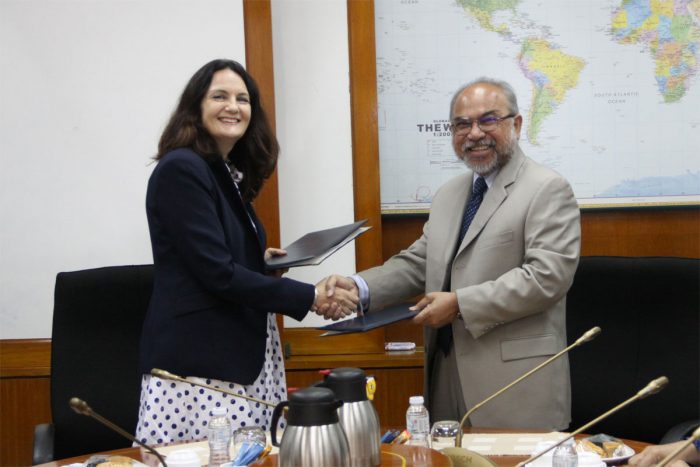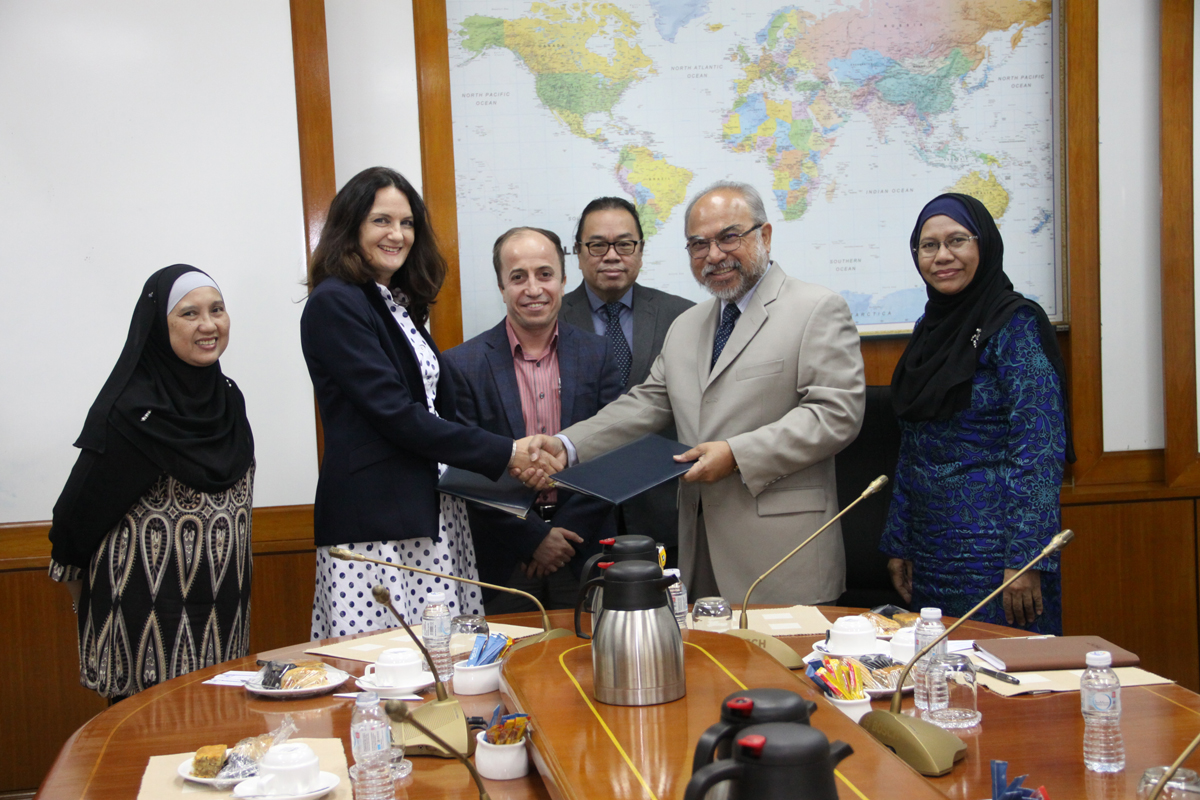Malaysia in the Spotlight Next Year
Malaysia’s commitment to promote a more people-centred Asean, such as providing for an Asean lane at its immigration counters, has resonated well with member nations.
AS we move towards the end of 2014, increasing attention is focused on Malaysia’s upcoming chairmanship of Asean and non-permanent membership of the United Nations Security Council (UNSC).
There should be little doubt that the country’s leadership, ministries and officials would have prepared adequately for these important roles. For the next one year Malaysia would lead Asean through the final stages of the regional aspiration to realise the Asean Community, in particular the Asean Economic Community (AEC), and for the next two years Malaysia would also have the opportunity to play its part in ensuring that the UNSC would discharge its responsibility for the maintenance of international peace and security.

The general view seems to be that Myanmar, which took on the role of Asean chairman for the first time since it became a member, had carried out its responsibility well by being balanced and neutral.
It avoided controversies, managed to convince the other Asean partners to discuss anything except issues that impinge on its own national sovereignty and territorial integrity, and got the assistance and sympathy of everyone, including the erstwhile critics of the former military regime, who seemed eager to want Myanmar to succeed for various reasons.
Malaysia will not be in that enviable position. We are expected to do a lot more as Asean chairman because of our past experience and standing as one of the original members of Asean, the need to vigorously complete the work on the AEC and Malaysia’s own vision and expectations of Asean beyond 2015.
Malaysia would also be watched closely because of its position as a claimant state in the South China Sea and our close bilateral relations with China.
Some of our partners in Asean and outside appear to be uncomfortable with Malaysia being “too close to China” and question our ability to play our role well in dealing with the issue of the South China Sea. This view fails to see the point that being in a special relationship with China could help Malaysia in moderating the issue during its chairmanship.
Our commitment to promote a more people-centred Asean has resonated well with others. The programmes and activities that the government has lined up throughout 2015 should help bind Asean into a stronger community, in particular among the youth upon whom the future of the Asean Community rests.
Early-harvest efforts such as providing for an Asean lane at our immigration counters are important beginnings, both in the symbolic and realistic sense.
However, more important efforts need to be made: completing the requirements for the AEC Blueprint, preparing guidelines or a strategic plan for Asean beyond 2015 and strengthening the other two pillars of the Asean Community, i.e. the Political-Security Community and the Socio-Cultural Community.
It would be wise for Malaysia to also lead a serious review of the East Asia Summit (EAS) during its chairmanship, considering that the EAS was launched in Kuala Lumpur 10 years ago. Strengthening the Asean institutions, including the Asean Secretariat, should also be a priority.
Malaysia apparently has developed many ideas for 2015. The success of our chairmanship will eventually rest on how far we are prepared to push the envelope and how much change and innovation the Asean member states are prepared to accept in order to bring Asean to the level of a regional community that would remain central to the scheme of things in the wider Asia-Pacific political, security and economic architecture and the evolving global order.
It may be time for the concept and practice of doing things “the Asean way” be given a fresh look as part of the strategy beyond 2015. Otherwise critics and detractors will gleefully continue to label the Asean Community as “old wine in a new bottle”.
But we must be able to prove them wrong and continue to maintain that wine matures with age and that under Malaysia’s chairmanship, Asean would continue to mature in an uncontaminated environment of peace, security and development for the sake of the 600 million people of this region.
The UNSC membership is equally important for Malaysia to play its role in the international arena. The big challenge would be how Malaysia can acquit itself as a member as well as it did during the three past occasions when it became a member. The demands are enormous, but Malaysia should be able to play its expected role well for the next two years.
Article by Tan Sri Rastam Mohd Isa which appeared in New Straits Times, 30 December 2014.

Related Posts
By : Ameerul Ahmad
Medical Uni in Malaysia: Opportunities for International Students
The prospect of studying medicine in Malaysia offers a unique…
By : Ameerul Ahmad
Where to Get Miniature 3D Printing File for Tabletop Gaming Figures
In the world of tabletop gaming, custom miniatures can bring…